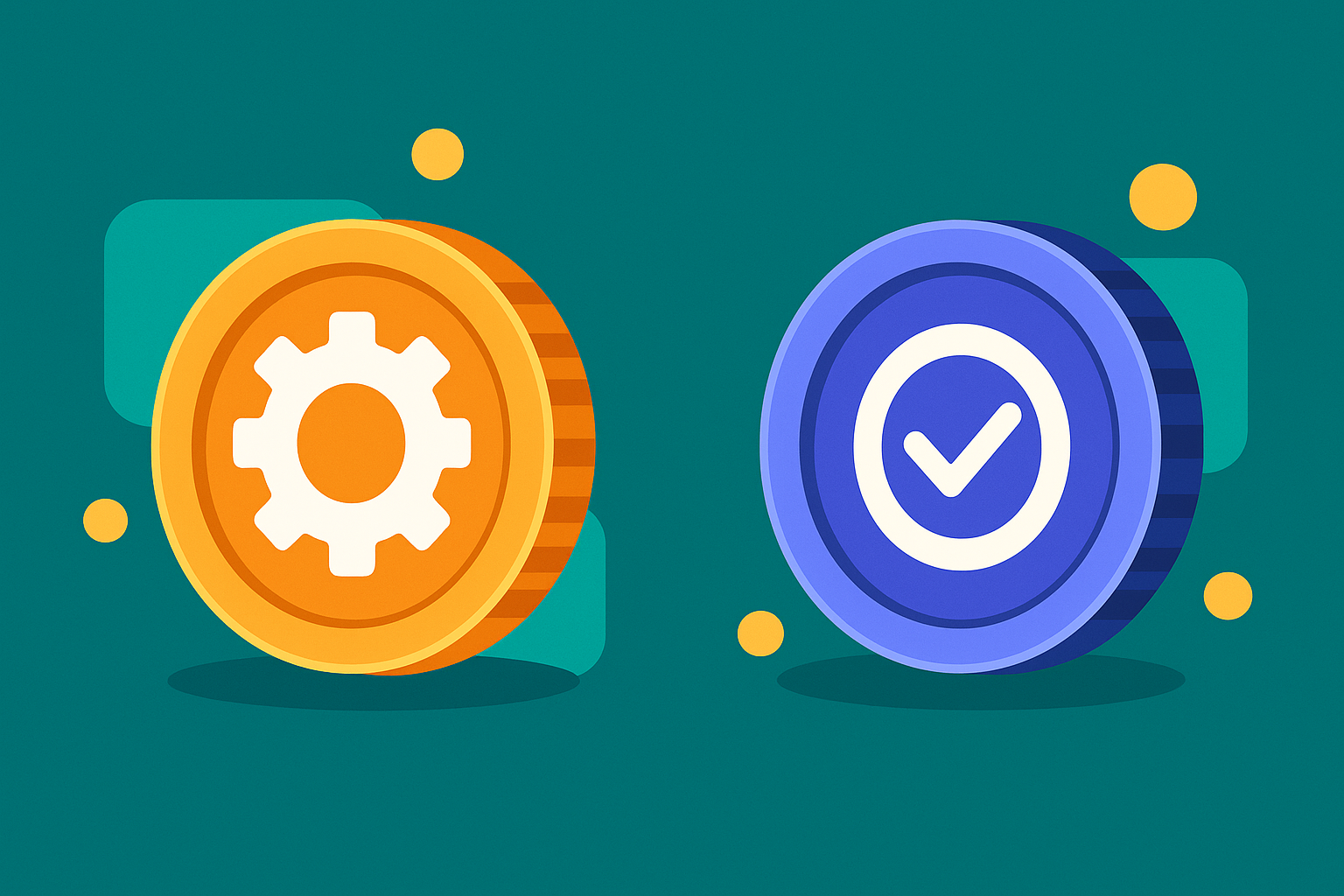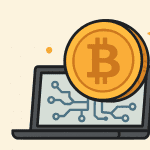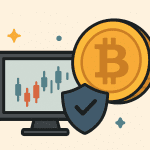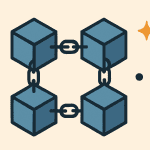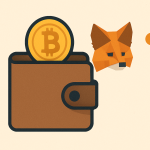If you’re just starting in crypto, you’ve probably heard terms like utility token and governance token. But what do they actually mean?
In this beginner-friendly guide, we’ll explain the difference between utility tokens and governance tokens, how they work, and why they’re important — using simple, clear language.
Contents
What Is a Token?
First, let’s define a token. A token is a digital asset that runs on top of a blockchain. Tokens are different from coins like Bitcoin or Ethereum, which have their own blockchains.
Tokens are created using smart contracts and can be used for different purposes. Two of the most common types are utility tokens and governance tokens.
What Is a Utility Token?
A utility token gives you access to a product or service within a crypto project.
Think of it like a digital key or ticket. You use it inside a platform — not just for trading or holding.
Examples of Utility Tokens:
-
BNB – Used to pay fees on Binance or get discounts.
-
BAT (Basic Attention Token) – Used in the Brave browser to reward users and advertisers.
-
MANA – Used to buy land and items in the Decentraland metaverse.
What You Can Do with Utility Tokens:
-
Pay for services on a dApp (decentralized app)
-
Earn rewards or discounts
-
Unlock premium features
-
Participate in games or metaverse experiences
A utility token has value because of its function inside a system.
What Is a Governance Token?
A governance token lets you vote on decisions made within a crypto project or protocol.
When you hold a governance token, you become a part of the project’s community. You help decide how it should evolve.
Examples of Governance Tokens:
-
UNI – The token for Uniswap, a decentralized exchange.
-
AAVE – The governance token for the Aave lending platform.
-
COMP – Used to vote on changes in the Compound protocol.
What You Can Do with Governance Tokens:
-
Vote on new features or upgrades
-
Help choose how funds are used
-
Propose changes to the rules
-
Take part in project direction and future plans
The more governance tokens you hold, the more voting power you usually have.
Utility vs Governance: What’s the Difference?
Here’s a quick comparison:
| Feature | Utility Token | Governance Token |
|---|---|---|
| Main Purpose | Use within a platform | Vote on project decisions |
| Gives Access To | Services, features, products | Voting rights, proposals |
| Examples | BNB, BAT, MANA | UNI, AAVE, COMP |
| Rewards? | Yes, through usage | Sometimes, through staking |
| Value Based On | Demand inside the platform | Influence in project decisions |
Some tokens can be both utility and governance tokens. For example, CAKE (PancakeSwap) is used for staking (utility) and also lets users vote (governance).
Why Do These Tokens Matter?
These tokens give real power to users. In the world of Web3, the goal is to remove central control and give users more control.
-
Utility tokens let you use and interact with a platform.
-
Governance tokens let you shape the future of the platform.
Together, they help create open, community-run networks.
How to Get These Tokens
-
Buy on exchanges – Most tokens are available on platforms like Binance, Coinbase, or decentralized exchanges (DEXs) like Uniswap.
-
Earn through use – Some dApps give you tokens as rewards for using their service.
-
Stake or provide liquidity – You can earn tokens by helping the network run.
Always use a crypto wallet (like MetaMask or Trust Wallet) to store and use your tokens safely.
Are These Tokens Investments?
They can be — but that depends on your goals.
-
If you want to use a platform, utility tokens are useful.
-
If you want to participate in decisions and support a project, governance tokens are for you.
-
Some people also buy them for price growth, but that comes with risk.
Do your own research and never invest more than you can afford to lose.
Final Thoughts
Utility and governance tokens are essential parts of the crypto and Web3 world. They let users do more than just watch — they allow people to participate, use, and lead the platforms they care about.
If you’re just starting, try exploring a dApp that uses these tokens. It’s a great way to learn by doing.
